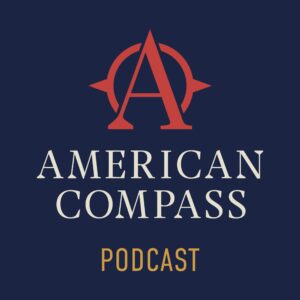
RECOMMENDED READING
“Populism” is a term that, since the modern era, has generally been trotted out to mean a political attitude that reflects widespread anger and resentment against powerful elites, while among stenographers for the powerful, it has been used reflexively to warn against the passions of the mob.
Who is using that word and projecting it onto the endless array of evolving political constituencies tells us a lot about the political moment we are in.
Since the financial crises of the post-Reconstruction era, it was a term embraced by reformers and democratically-minded movements to argue for universal social programs and public-interest regulation at the federal and state level. In the early part of this century, we saw populism used to describe the nationalist counter-politics that emerged in response to the European integration process, from Italy to Hungary to Poland.
In the past 10 years, we have seen a new entrant make use of populism to further its political mission. A cohort of leading conservatives in the U.S. has increasingly adopted the term as part of a wider sales pitch to seize on the steady deterioration of the working-class bloc that underwrote Democratic party power and politics from FDR to the end of the Clinton years.
Most recently, blue-collar Trump voters were often labeled populists, as were Trump’s message and political aesthetics. But in practice, there was little achievement: Trump’s greatest signature legislation was a tax law that massively enriched the elites and further filled the swamp he had promised to drain.
Adapted from The Commons.
Recommended Reading
Is There a Case for Principled Populism From the GOP?
“Populism” is a term that since the modern era has been generally trotted out to mean a political attitude that reflects widespread anger and resentment against powerful elites, while among stenographers for the power class, populism has been reflexively trotted out to warn against the passions and wants of the mob.
Patrick Ruffini on Populism and the Realignment
On this episode, Oren Cass and pollster Patrick Ruffini discuss Trump’s reshaping of the GOP and the challenges ahead
The Flattering Alarmism of The Social Dilemma
The new and popular documentary, The Social Dilemma, probably could have been an article published in 2018. That’s not to dismiss what it has to say. Framed as the social media equivalent of Food Inc., the movie interviews academics and former tech company execs, all of whom make now-popular arguments about the hidden costs of social media.













